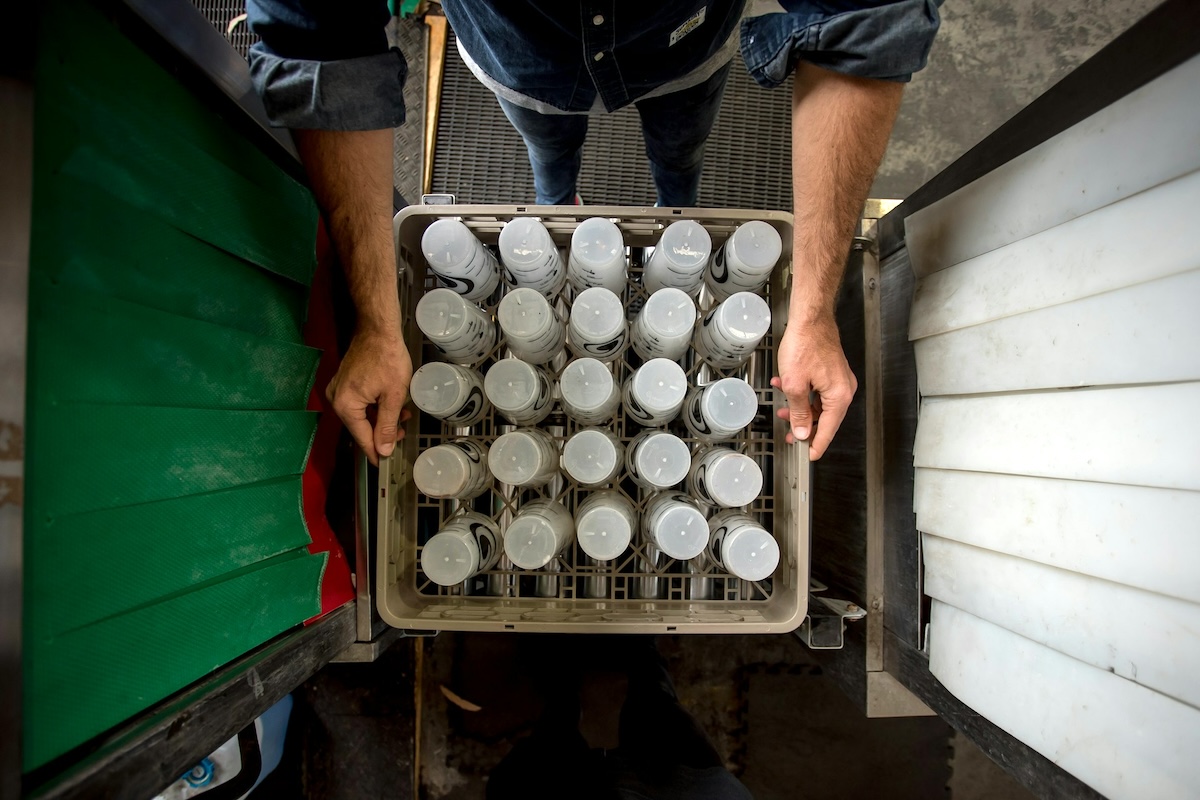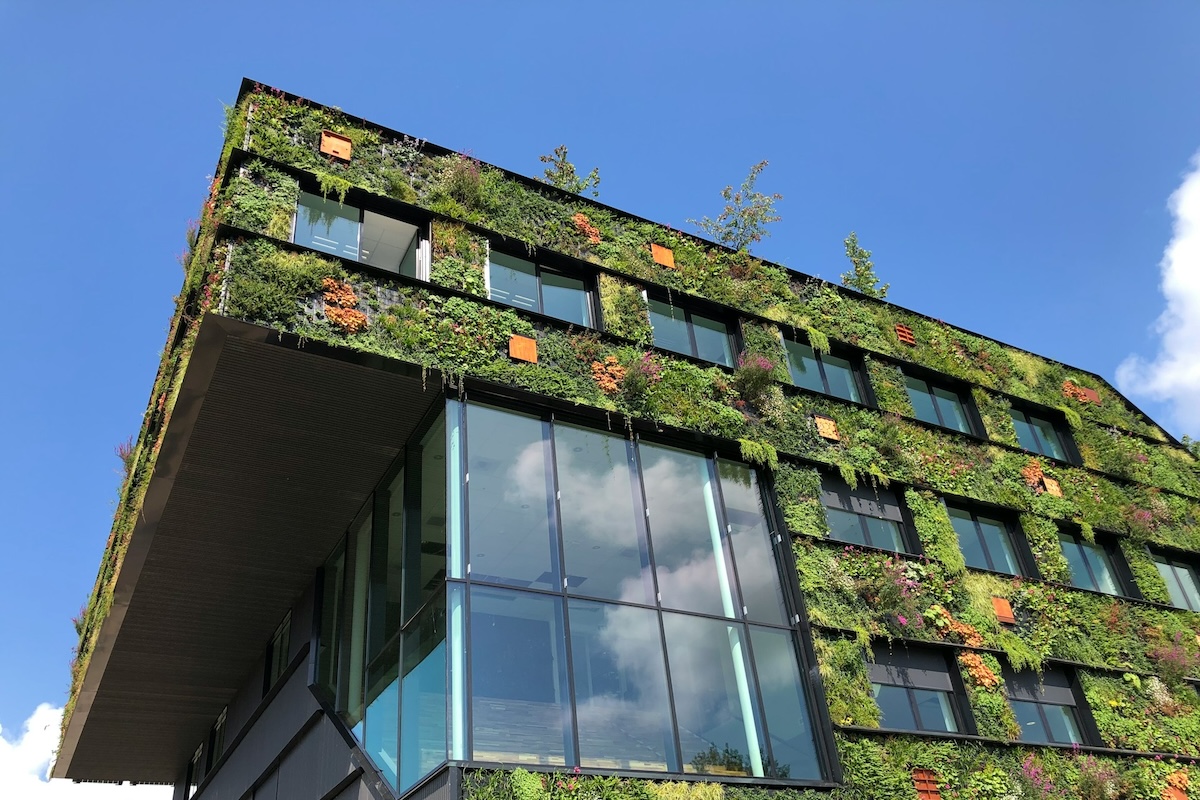Skift Take
As climate change continues to worsen around the globe, the popularity of sustainable destinations surges, despite higher costs.
The new year was trailed by climate woes. Wildfires scorched parts of Canada, intense droughts punished various regions in Europe, and surging tides battered the California coast. This seems to have added demand for sustainable destinations.
There is an ongoing search for sustainable venues that can host amazing events while making a minimal environmental impact. The drive for sustainable destinations pushes on in 2024 despite higher costs and tighter budgets.
Sustainable Destination Come Into Focus
Many hotels and event venues have prioritized the implementation of sustainable features. Consumers have taken note. Google searches show an uptick in the term “sustainable hotels” over the past five years. A new report from Euromonitor International says nearly 80% of travelers are willing to pay up to 10% more for sustainable features.
European countries dominate the top 20, led by Sweden, followed by Finland and Austria. Uruguay is the only non-European nation included in the list, coming in 18th place. Melbourne, Australia, tops the list of the top 10 most sustainable cities. The top 10 includes two North American cities, Toronto in sixth and Las Vegas in eighth.
As a major meetings destination, and one that is not always known for sustainability, Las Vegas is keen to showcase its green credentials. “Ensuring our desert oasis has a stable and sustainable future is an ongoing joint effort and a top priority for our residents, business owners, and property partners,” said Lisa Messina, chief sales officer at the Las Vegas Convention and Visitors Authority.
The effort to shape Las Vegas into a sustainable destination has been a widespread effort. For example, the desert city has registered a 55% per capita decline in water usage between 2002 and 2022 as part of the Southern Nevada Water Authority’s ongoing conservation program. Many commercial properties have also applied strategies to reduce waste and save energy.
“Sustainability has become top of mind for many event planners and organizations, and we have seen that priority materialize in how and where they decide to host events and spend their money,” Messina said. “It makes good business sense for venues to adopt more green practices as it can be a deciding factor when planners are choosing between locations.”
Sustainable Events with Low Impact
The race to meet the high demand for sustainability has been met by venues overhauling their facilities and operations. Many seek to obtain environmental certifications such as the Leadership in Energy and Environmental Design (LEED) green building rating system.
1 Hotels, a luxury hotel brand, is present in North America from Brooklyn to Kauai. All the brand’s properties meet the minimum LEED requirements or are in the process of being certified. The company’s is looking to offer a one-stop sustainability shop for green events, including participating in global carbon offset projects.
Venues, such as the Seattle Convention Center, go the extra mile to ensure attendees can meet as sustainably as possible. The recently completed Summit building achieved LEED platinum certification.
Hosting Green Meetings: Getting Started
Planners seeking to create sustainable events have their work cut out for them. Fortunately, there are more and more options and ways to impact the sustainability of any event. “The overall theme we’re seeing is to plan early, don’t make sustainability an afterthought,” said Martin Moggré, chief client officer at Freeman.
When selecting a host destination that takes sustainability seriously, higher-level initiatives in sustainability can take shape with less resistance. Destinations can also be good to identify potential partnerships for recycling and waste reduction programs.
“For event planners, it’s the same by partnering with host cities early on who can help identify sustainable hotels, walkable and mindful restaurant choices, participant volunteer days, local health and wellness activities, recycle and upcycle partners, etc,” Moggré said. “Additionally, choosing a sustainable venue is a great way to kickstart an event’s sustainability efforts. These venues are already aware of basic sustainability goals and typically more open to try something new.”
Going Further
Industry associations, including the Events Industry Council (EIC), offer numerous resources to provide planners with guidance for sustainable events, outlining standards and criteria aimed at supporting environmental and social responsibility. EIC offers the Sustainable Event Professional Certificate (SEPC) online program for planners who wish to accelerate sustainability within their organization and events.
Destinations have the opportunity to create legacy programs to support sustainable systems, protect the environment, and support future generations. The International Convention Centre Sydney (ICC Sydney), for example, launched its Legacy Program Guide last year. It gives event organizers the resources needed to reduce the environmental impact of events while making a positive social impact within the surrounding community – all while elevating the event experience for attendees.
Photo credit: Appolinary Kalashnikova / Unsplash





